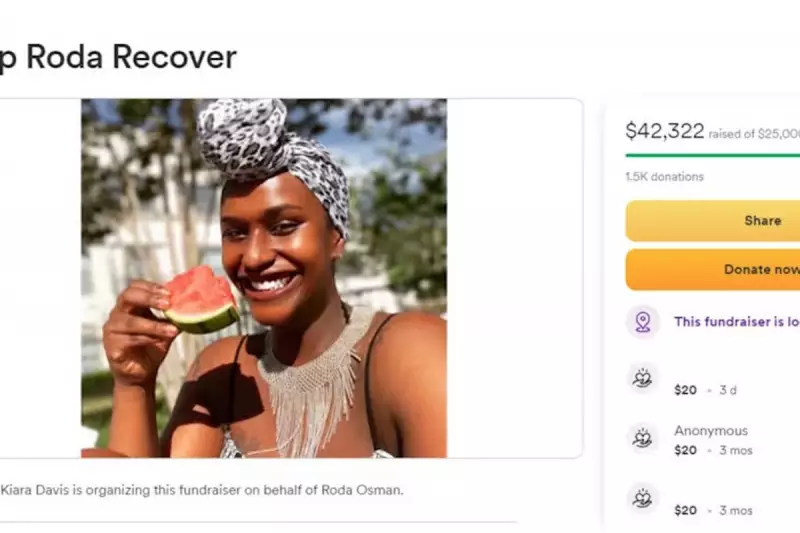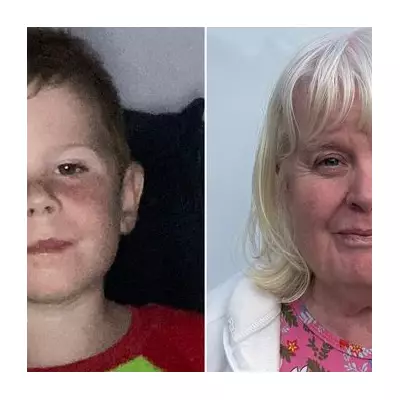
A Minnesota woman has been sentenced to prison for orchestrating an elaborate GoFundMe scam that preyed on the generosity of hundreds of donors by fabricating a dramatic medical emergency.
Roda Osman, 24, created a fraudulent fundraising campaign claiming she had been struck in the head by a brick thrown from a moving vehicle, resulting in serious injuries including bleeding on the brain and partial blindness.
The Elaborate Deception
Osman's campaign, which ran for approximately two months, featured graphic details of her supposed injuries and medical treatments. She claimed to require extensive medical care and support, playing on donors' sympathies to solicit funds.
The scheme unravelled when investigators discovered overwhelming evidence exposing her claims as complete fiction. Medical records and other documentation proved she had never suffered the injuries described in her emotional plea for financial assistance.
Justice Served
After pleading guilty to theft by swindle in September, Osman has now been sentenced to 21 months in prison. The judge emphasised the seriousness of her crimes, noting how they undermined public trust in legitimate charitable fundraising platforms.
"This wasn't just a simple lie," the prosecution stated. "It was a calculated, sustained deception that manipulated people's compassion for personal gain."
Broader Implications
The case highlights growing concerns about online fundraising fraud and the importance of verifying charitable campaigns before donating. While platforms like GoFundMe have revolutionised charitable giving, they've also created opportunities for sophisticated scammers.
Authorities encourage potential donors to:
- Research the organiser and beneficiary of campaigns
- Look for verification from trusted sources
- Be cautious of emotionally charged stories without evidence
- Report suspicious campaigns to platform administrators
Osman's sentence serves as a warning to others who might consider exploiting online generosity for criminal purposes.





